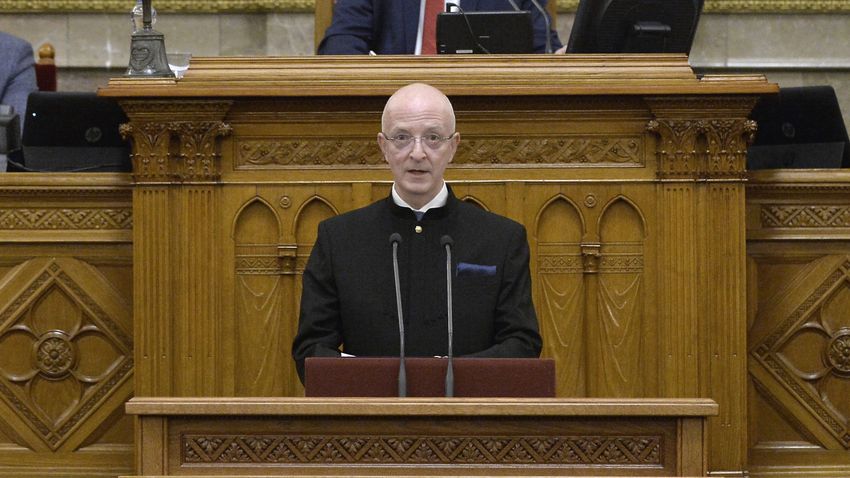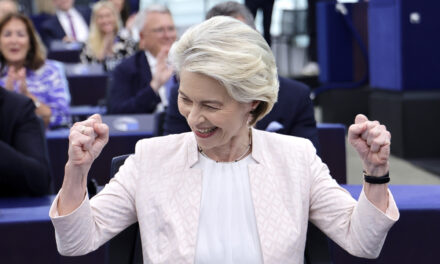- In the context of current affairs - according to my plans - I wanted to provide information about the fact that two of our members on behalf of the OBT had a meeting with the ambassador of the United States of America - the president of the National Judicial Council began his comments at the council's meeting on November 2. According to the minutes spoken there and recently made public, there was a serious discussion about the visit that two members of the OBT made to the American ambassador.
In his speech, Tamás Matusik explained that criticism must be tolerated, but the press attacks related to it, as he put it, were unprecedented.
The president of the Hungarian Bar Association, János Bánáti, took part in the meeting as an invitee, who objected to the fact that, in his opinion, the press deliberately confused judicial and public activities. According to him, judicial activity should be separated from public activity, and that in this case the two judges did not participate in this meeting as judges, but as members of the National Judicial Council.
If someone goes out into the political field, judicial independence is no longer protected. It should be noted.
András Zs. Varga, the president of the Kúria, pointed out in the debate. According to him, we do not start this by claiming that this is not politics.
As he put it: "Unfortunately, I have to say, and for all the wealth in the world I would not want to insult President Bánáti, because President Bánáti, thank God, is not a state actor, but the ambassador is different when it comes to state actors." The President of the Court emphasized: the judges should have followed paragraph (2) of Article 41 of the relevant regulations, according to which
All official matters to be handled with the host state, with which the sending state has entrusted the representation, must be handled with or through the ministry of foreign affairs of the host state or another ministry designated by mutual agreement.
According to the President of the Court, therefore, the question of where and what kind of occasion we participate in with the ambassador or diplomatic corps of a foreign country should not be confused, so that the question does not accidentally arise that a state institution, without the knowledge of the appointed foreign minister would have continued. - There is no exception to this - emphasized András Zs. Varga.
He added: "In the event that an ambassador happens to check in with me as the president of the Curia - Covid has limited them in this respect, saving him from a lot of work - we will always act this way. In all cases, we will notify the Ministry of Foreign Affairs. If the Ministry of Foreign Affairs were to say that a meeting is undesirable from Hungary's point of view, we would be forced to refuse it, regardless of politeness. As far as I know, this doesn't happen often. So, at the moment, this is the legislation, and this is the custom developed during international relations."
In the event that these rules were not followed, it should not be surprising that criticism is expressed in this regard. In this case, it is not a simple irregularity, but a violation of the law. The Vienna Diplomatic Convention Act was not complied with
- highlighted the President of the Court in his speech.
In our opening photo: András Zs. Varga, president of the Kúria (Photo: MTI/Lajos Soós)
Source: magyarnemzet.hu













